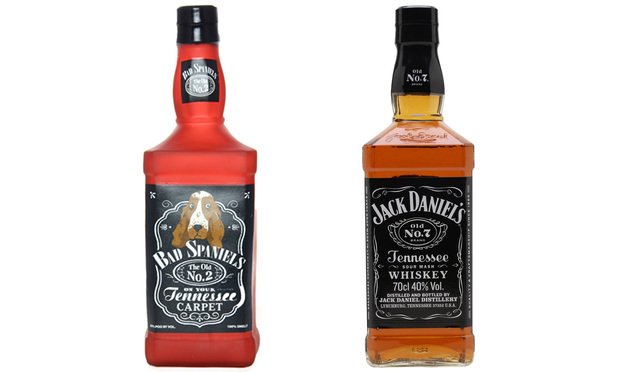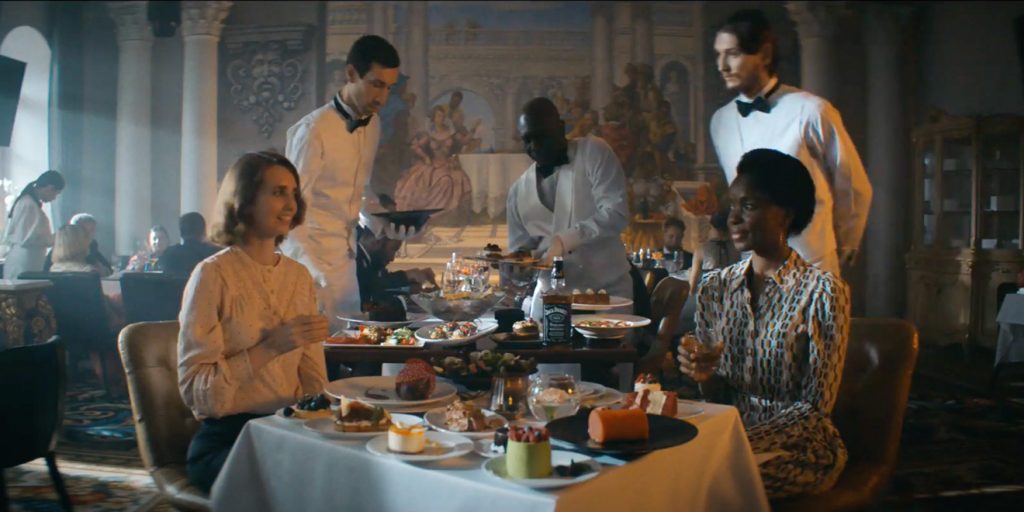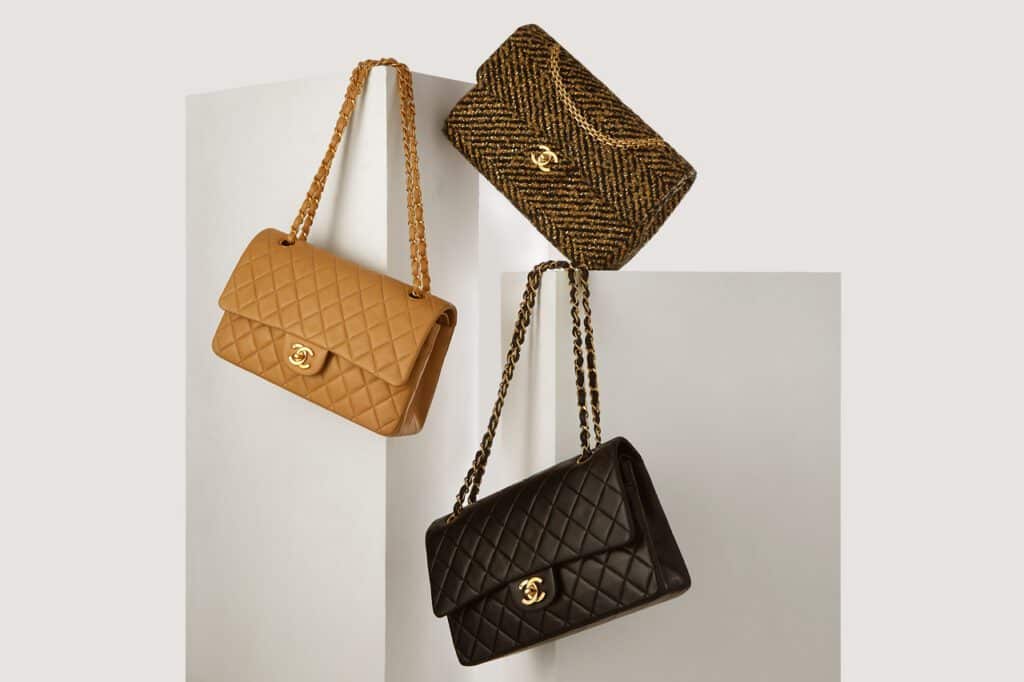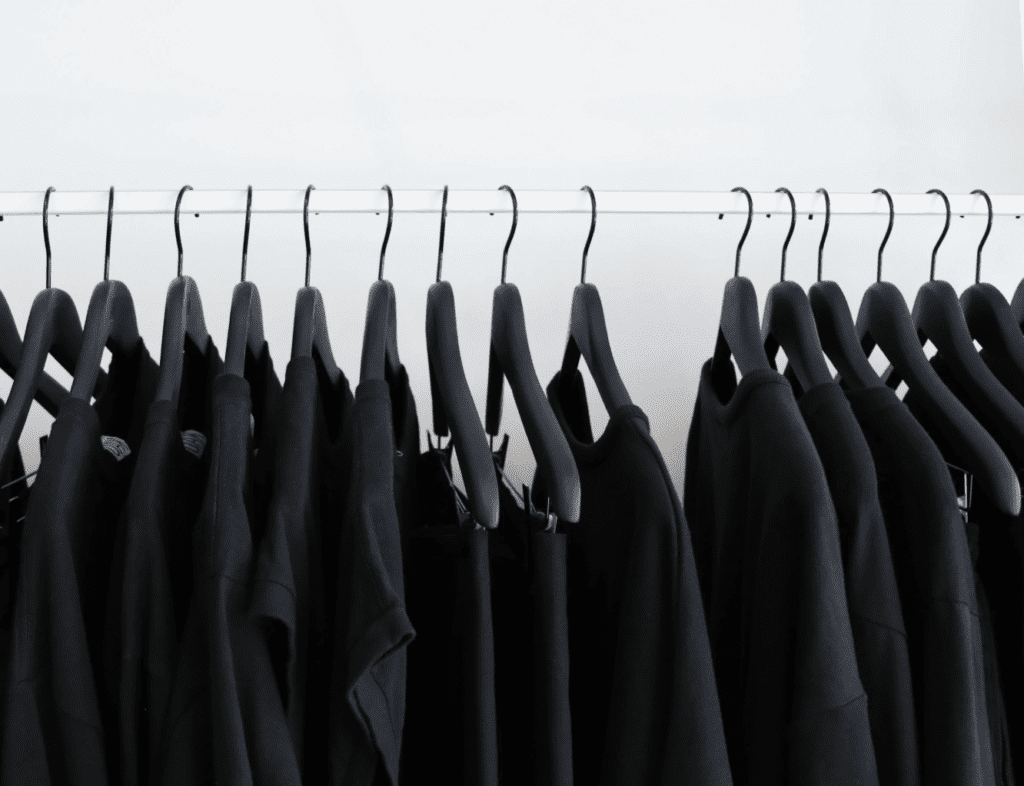While Virgil Abloh’s brand Off-White is currently in the midst of a budding parody fight involving a California-based ice cream chain, another parody case may end up before the Supreme Court in light of the U.S. Court of Appeals for the Ninth Circuit’s decision in March – and Jack Daniel’s subsequently-filed cert petition – in the trademark infringement and dilution case that the whiskey-maker filed against dog toy-maker VIP Products LLC for including the trademark-protected branding of its famous whiskey to a lineup of offerings that also features bottle-shaped toys that read, “ButtWiper,” a play on Budweiser, and “Heini Sniff’n,” a take on Heineken.
By including a take on Jack Daniel’s in its lineup of offerings, the spirits company claims that VIP Products hijacked its trademark and bottle design, thereby, running afoul of trademark law.
On the heels of the U.S. District Court for the District of Arizona finding for Jack Daniel’s on all claims and entering a permanent injunction in its favor, VIP Products appealed, and the Ninth Circuit concluded that the Bad Spaniels toy is an expressive work entitled to First Amendment protection. In its decision in March, the Ninth Circuit held that while VIP Products used Jack Daniel’s trademarks to sell its dog toys, the “humorous message” conveyed by the toy makes the use “expressive” and protected under a heightened First Amendment standard as a result.

“The Ninth Circuit’s decision expands the scope of First Amendment protection far beyond traditionally expressive works, and risks exposing a wide variety of brand owners to infringements based on alleged parody,” Jared Kagan, a counsel in Debevoise’s Intellectual Property and Media Group, wrote in the wake of the appeals court’s decision. “Although the Ninth Circuit has, over the years, adopted and expanded the Rogers v. Grimaldi test, its application, until now, has been limited to plainly expressive works. The most recent application to consumer goods is unprecedented and places brand owners at significant risk of infringements and dilutions masquerading as expressive works.”
(The Rogers v. Grimaldi case established a two-pronged test to determine whether an artistic work is entitled to First Amendment protection, with the U.S. Court of Appeals for the Second Circuit finding that the use of a trademark in an artistic work is actionable only if the use of the mark: (1) has no artistic relevance to the underlying work, or (2) explicitly misleads as to the source or content of the work.)
Jack Daniel’s has since sought Supreme Court intervention, pointing to mixed treatment by lower courts of trademark infringement claims involving the use of famous marks on commercial products in a “humorous” capacity. In its September 15 certiorari petition, Jack Daniel’s asked the nation’s highest court to take on the case, and determine: (1) whether a commercial product using humor is subject to the same likelihood-of-confusion analysis applicable to other products under the Lanham Act, or must receive heightened First Amendment protection from trademark-infringement claims, where the brand owner must prove that the defendant’s use of the mark either is “not artistically relevant” or “explicitly misleads consumers,” and (2) whether a commercial product’s use of humor renders the product “noncommercial” under 15 U.S.C. § 1125(c)(3)(C), thus, barring as a matter of law a claim of dilution by tarnishment under the Lanham Act.
UPDATED (January 11, 2021): The U.S. Supreme Court declined Jack Daniel’s petition for certiorari, thereby leaving in place the lower court ruling that VIP Products’ toy is protected by the First Amendment.
The case is VIP Products LLC v. Jack Daniel’s Properties, Inc., 2:14-cv-02057 (D. Arizona).











